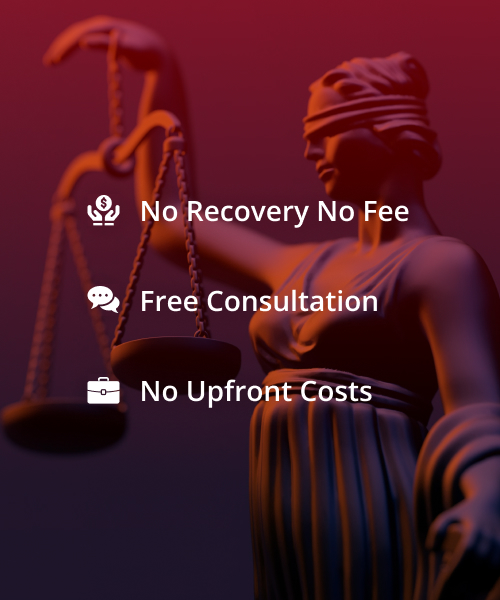- Free Case Evaluation: (305) 577-3777 Tap Here to Call Us
Fraud vs. Lying: What Makes Them Different in Court?

When someone is a fraud, this usually means they’re an inherent liar. Fraudsters are often forced to lie to others while pretending to be something they’re not.
Because of this connection, people sometimes use the terms fraud and lying interchangeably. However, key differences exist between fraud vs. lying, especially in a legal sense.
If you’re filing a personal injury lawsuit, make sure you know what separates fraud from lying. Both can impact your legal proceedings, albeit in different ways.
What Is Lying?
When you compare fraud to lying, lying is typically the less serious of the two from a legal perspective. But that doesn’t mean lying can’t negatively affect a personal injury case.
Lying takes place when someone involved in a legal situation knowingly says something that isn’t true. It can include “little white lies,” full-on misrepresentation, and everything in between. These lies can range from small and insignificant to damaging and even perjurous.
Example of Lying in a Legal Sense
When someone is suspected of committing a crime or demonstrating negligence during an accident, they might initially lie to police about what happened while being questioned. It isn’t uncommon for people to use lying in an attempt to stay out of trouble.
Lies like this don’t usually come with severe legal consequences. Lying can, however, cause legal problems for people who take the stand during a criminal or civil case and lie under oath. They risk being charged with perjury, which can subject them to prison time, heavy fines, and other penalties.
What Is Fraud?
Fraud takes lying to the next level from a legal perspective. It involves a few key elements that separate it from lying, including:
- Material false statement: When a person provides a false statement about a fact associated with a case
- Knowledge of falsity: When a person knows that a statement they’re making in relation to a case is false
- Intent to deceive: When a person intentionally misleads someone involved in a case to deceive them
- Reliance by the victim: When a victim takes a false statement from a person at face value and relies on it to make a decision
- Resultant harm: When a victim suffers harm because they act on a person’s false statement
Example of Fraud in a Legal Sense
Sadly, the personal injury practice is littered with stories about plaintiffs acting fraudulently when building cases. Some have been accused of staging car accidents and slip-and-fall accidents to trick judges and juries into awarding them large judgments. Others have claimed to suffer workplace injuries after sustaining injuries in their personal lives in an effort to collect compensation.
Committing fraud in a legal setting can have serious legal consequences just like lying. It might even lead to criminal charges.
Learn How Fraud and Lying Can Impact a Personal Injury Case
Understanding fraud and lying is essential for those filing personal injury cases. An experienced personal injury lawyer can prevent fraud and lying from complicating your case. Call Jeffrey R. Davis, P.A. at (305) 577-3777 for a free case review.









